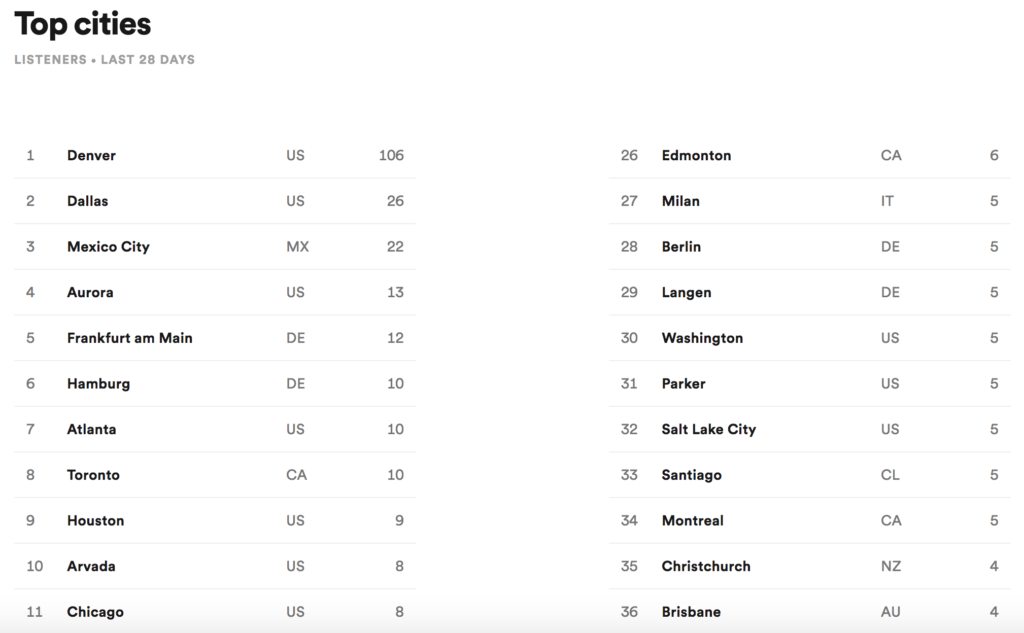

For example, fraudulent payments and fraudulent use of the Spotify Service. To conduct business planning, reporting, and forecasting. To establish, exercise, or defend legal claims. To take appropriate action with reports of intellectual property infringement and inappropriate content.

For example, our agreements with owners of content on the Spotify Service. To fulfill contractual obligations with third parties. These include the police, the courts or prisons. This will only apply when a competent law enforcement authority contacts us.

To comply with a request from law enforcement.
Swedish law (because of our headquarters in Sweden), or. an obligation under the law of the country / region you are in. To comply with a legal obligation that we are subject to. To evaluate and develop new features, technologies, and improvements to the Spotify Service.įor marketing, promotion and advertising purposes. To understand, diagnose, troubleshoot, and fix issues with the Spotify Service. 
If you also would like to see the legal basis applicable to each purpose of processing, please see the table in section 4 of our Privacy Policy.Ĭategories of personal data used for the purpose
categories of personal data which we use for each purpose (see more about these categories in section 'Categories of personal data' below). our purpose for processing your personal data. Purposes of the processing of your personal data When you use the Spotify service under our free or paid options (each a ‘Service Option’ and collectively called the ‘Spotify Service’), we process your personal data as described below. Confirmation as to whether or not personal data about you is being processed If you have not yet requested a copy of your personal data, please see section ‘Obtaining a copy of your personal data’ for how to do so. This information is meant to supplement, and be read in conjunction with, your downloaded personal data, to help you understand the personal data processing specific to your particular use of the Spotify Service. Below you will find the information you are entitled to about the processing of your personal data under Article 15 of the General Data Protection Regulation (‘GDPR’).








 0 kommentar(er)
0 kommentar(er)
